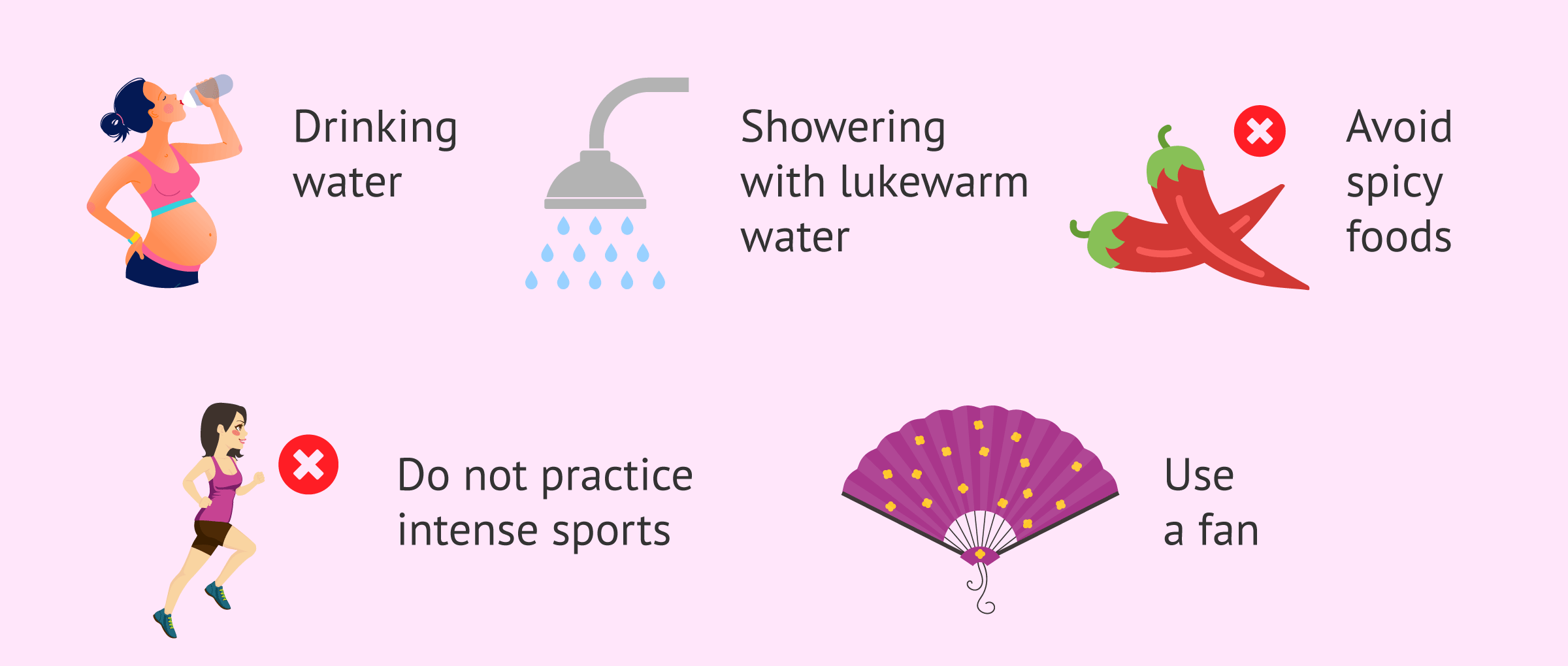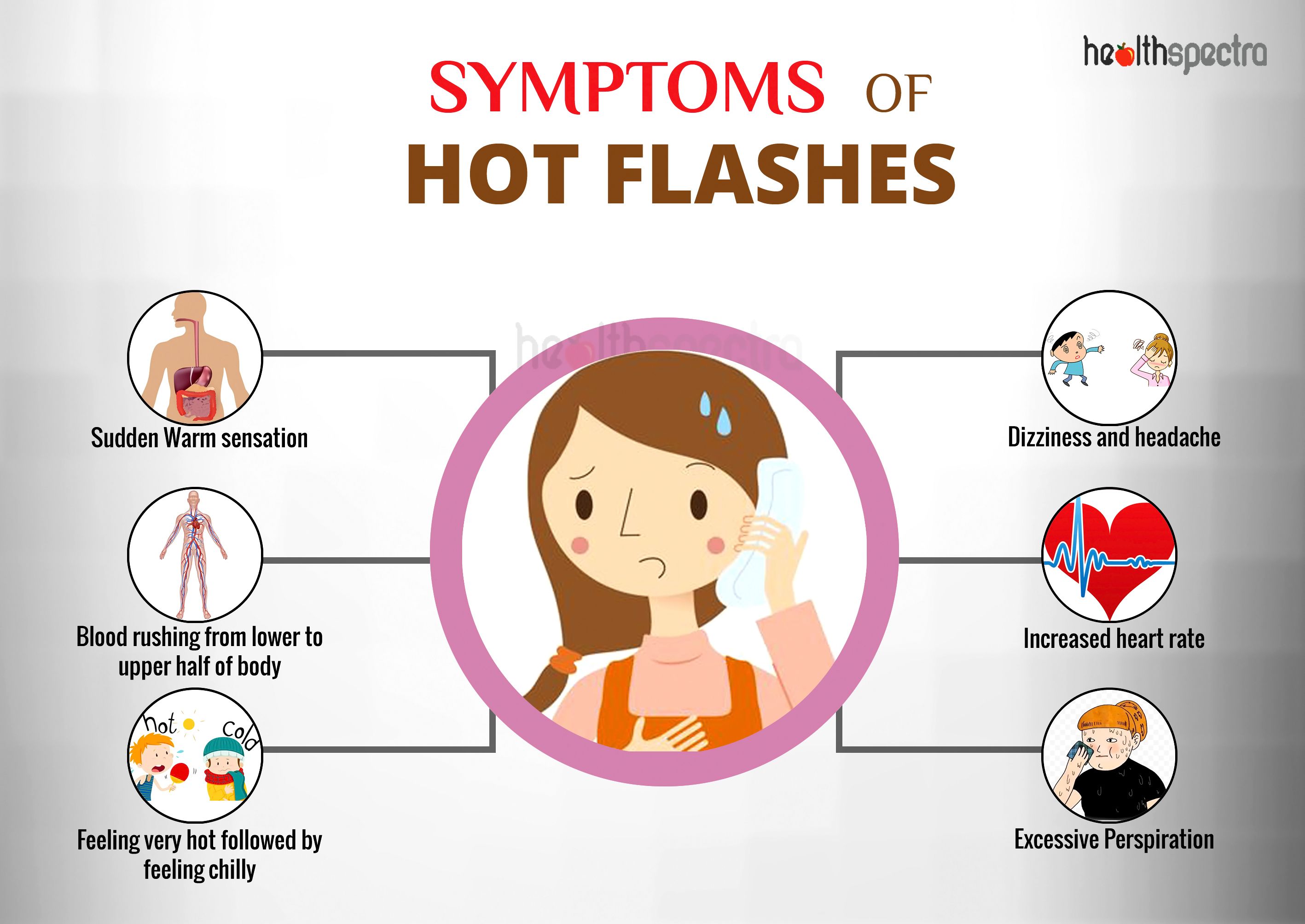Hot flashes, a common symptom of menopause, can significantly impact a woman’s quality of life. Understanding what to take for hot flashes is crucial for managing this discomfort. This comprehensive guide delves into various treatment options, including conventional medications, natural remedies, lifestyle modifications, and alternative therapies.
From prescription drugs to herbal supplements, dietary changes to stress management techniques, this guide explores a range of approaches to alleviate hot flash symptoms. It also highlights the importance of consulting a healthcare professional to determine the most effective treatment plan for individual needs.
Hot Flashes
Hot flashes are a common symptom of menopause, a natural biological process that typically occurs in women between the ages of 45 and 55. During menopause, the ovaries gradually stop producing estrogen, a hormone that plays a key role in regulating body temperature.
Causes of Hot Flashes
The exact cause of hot flashes is not fully understood, but it is believed to be related to the decline in estrogen levels. Estrogen helps to regulate the body’s thermostat, and when levels drop, the body may become more sensitive to slight changes in temperature.
This can trigger a hot flash, which is a sudden feeling of intense heat that spreads over the body, often accompanied by sweating, flushing, and a rapid heart rate.
Effects of Hot Flashes
Hot flashes can have a significant impact on a woman’s physical and emotional well-being. Physically, hot flashes can cause:
- Increased sweating
- Flushing of the face, neck, and chest
- Rapid heart rate
- Chills
- Sleep disturbances
Emotionally, hot flashes can lead to:
- Irritability
- Anxiety
- Mood swings
- Difficulty concentrating
Conventional Treatment Options

Conventional treatment options for hot flashes typically involve prescription medications or hormone replacement therapy (HRT).
Prescription Medications, What to take for hot flashes
Prescription medications used to treat hot flashes include:
- Selective serotonin reuptake inhibitors (SSRIs), such as paroxetine and venlafaxine, which increase serotonin levels in the brain, potentially reducing hot flash frequency and severity.
- Serotonin-norepinephrine reuptake inhibitors (SNRIs), such as venlafaxine and duloxetine, which increase both serotonin and norepinephrine levels in the brain, potentially providing similar benefits as SSRIs.
- Clonidine, an alpha-adrenergic agonist, which acts on the central nervous system to reduce blood vessel dilation, potentially reducing hot flash intensity.
These medications can be effective in reducing hot flash symptoms, but they may also have side effects, such as nausea, dizziness, and insomnia.
Hormone Replacement Therapy (HRT)
HRT involves taking hormones, such as estrogen or progesterone, to replace the hormones that decline during menopause. HRT can be effective in reducing hot flashes, but it also carries potential risks, such as an increased risk of breast cancer and heart disease.
Natural Remedies and Lifestyle Modifications

Hot flashes can be a bothersome symptom for many individuals, especially during menopause. While conventional treatments are available, there are also natural remedies and lifestyle modifications that can help reduce their severity and frequency.
Natural remedies include herbal supplements such as black cohosh, red clover, and evening primrose oil, which have been found to alleviate hot flashes in some women. Dietary changes, such as reducing caffeine and alcohol intake, can also be beneficial.
Stress Management
Stress can trigger hot flashes, so stress management techniques like yoga, meditation, and deep breathing exercises can be helpful in reducing their occurrence.
Lifestyle Modifications
Regular exercise can help regulate body temperature and improve sleep quality, which can reduce the severity of hot flashes. Maintaining a healthy weight can also be beneficial, as excess weight can contribute to hot flashes.
Sleep hygiene measures, such as establishing a regular sleep-wake cycle, creating a relaxing bedtime routine, and avoiding caffeine and alcohol before bed, can improve sleep quality and reduce the frequency of hot flashes.
Alternative Therapies

Alternative therapies offer a non-pharmacological approach to managing hot flashes, providing potential relief and reducing the need for medication.
Acupuncture, yoga, and mindfulness meditation are gaining recognition for their potential in alleviating hot flashes.
Acupuncture
Acupuncture involves inserting thin needles into specific points on the body to stimulate energy flow and balance the body’s systems.
Research suggests that acupuncture may reduce hot flash frequency and severity by regulating hormone levels and modulating the nervous system.
Yoga
Yoga combines physical postures, breathing exercises, and meditation to promote relaxation and reduce stress.
Certain yoga poses, such as forward folds and twists, are believed to stimulate the parasympathetic nervous system, which can help regulate body temperature and reduce hot flashes.
Mindfulness Meditation
Mindfulness meditation involves paying attention to the present moment without judgment.
Research indicates that mindfulness meditation may reduce stress levels, improve mood, and regulate the body’s response to hot flashes, leading to reduced frequency and intensity.
Individualized Treatment Plans
The management of hot flashes requires a personalized approach tailored to each individual’s unique needs and circumstances. Consulting with a healthcare professional is paramount to determine the most suitable treatment strategy based on factors such as personal preferences, medical history, and lifestyle.
Factors to Consider
- Personal Preferences:Patients should communicate their preferences regarding the desired outcomes and any potential concerns or hesitations about specific treatment options.
- Medical History:Underlying medical conditions, allergies, and current medications can influence the choice of treatment. Certain treatments may be contraindicated or require dosage adjustments.
- Lifestyle:Daily routines, dietary habits, and stress levels can impact the effectiveness of treatment. Lifestyle modifications may complement medical interventions to enhance outcomes.
Final Review
Managing hot flashes requires a holistic approach that considers both medical and lifestyle factors. By exploring the options Artikeld in this guide, women can find relief from these uncomfortable symptoms and improve their overall well-being during menopause.
Key Questions Answered: What To Take For Hot Flashes
What are the common causes of hot flashes?
Hot flashes are primarily caused by hormonal changes during menopause, specifically the decline in estrogen levels.
Are there any effective natural remedies for hot flashes?
Yes, several natural remedies have shown promise in reducing hot flash severity, including herbal supplements such as black cohosh and red clover, dietary changes like reducing caffeine and alcohol intake, and stress management techniques like yoga and meditation.
When should I consider consulting a healthcare professional about hot flashes?
If hot flashes are significantly impacting your quality of life, it is advisable to consult a healthcare professional. They can help determine the underlying cause, recommend appropriate treatment options, and monitor your progress.